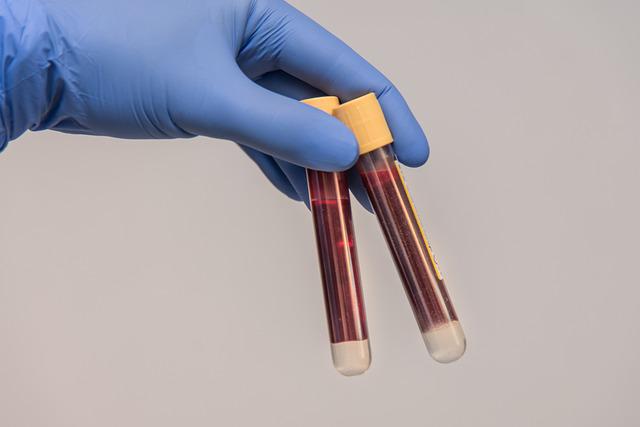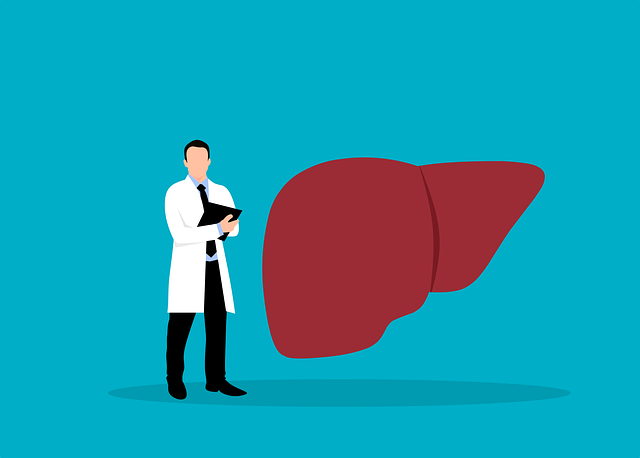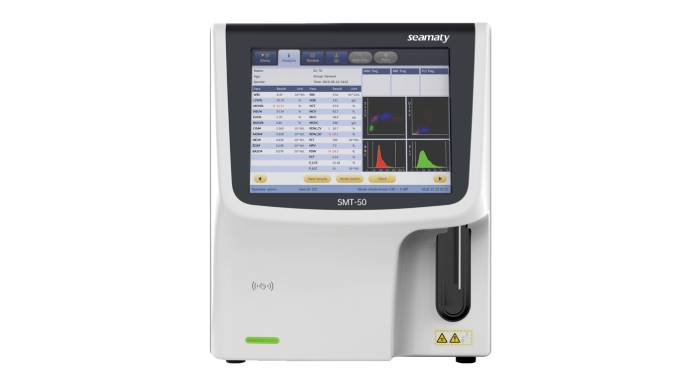release time:2021-12-30 10:47:53
Hemolysis is a frequent phenomenon in clinical biochemical testing of blood samples. Hemolysis can affect the accuracy of biochemical test results. And hemolysis very often occurs when blood is drawn. So what are the causes of hemolysis when blood is drawn?


2022-05-11
In fact, liver function tests, including enzymatic and other biochemical tests, do not accurately reflect liver function. Moreover, some tests are not very specific and it is generally difficult to make an accurate performance assessment.

2022-05-11
Blood Counters are instruments used to measure the specific number of red blood cells, white blood cells, platelets, hemoglobin, etc. in the blood. The number of each type of blood cell is measured in the blood and the results of the test are compared to give the doctor a specific test to determine the threat of potential disease to the body.

2021-10-18
The continuous development of pets has brought more development opportunities to animal hospitals. At the same time also prompted the progress and development of biochemical instruments and equipment! Dry biochemical analyzer and wet biochemical analyzer advantages and disadvantages of the comparison of.